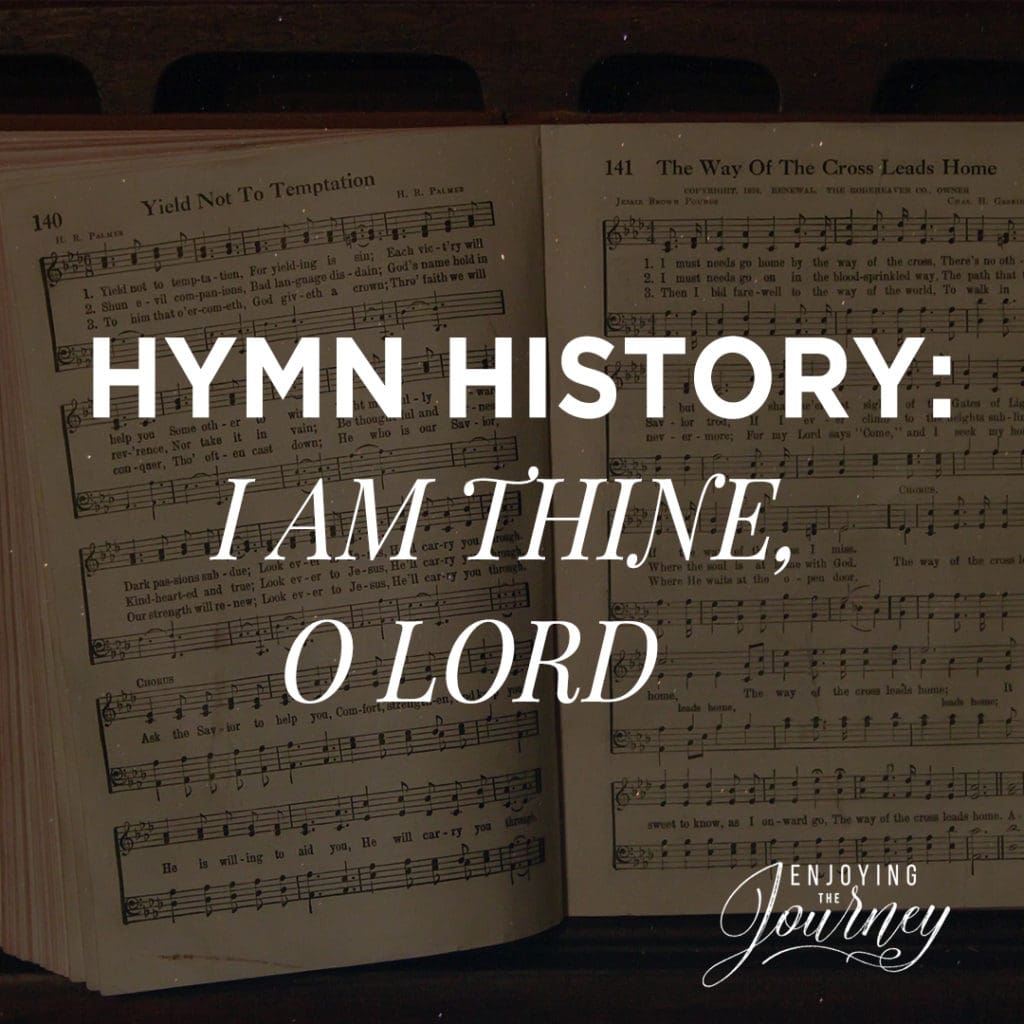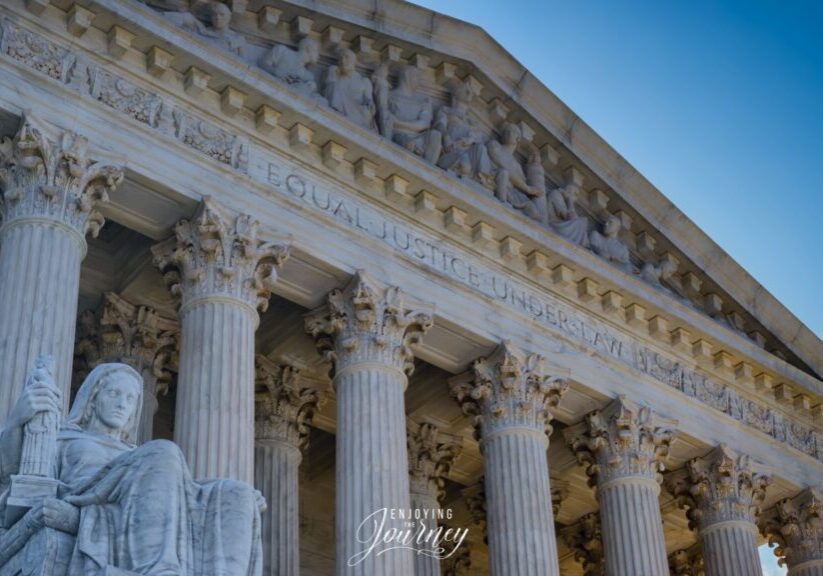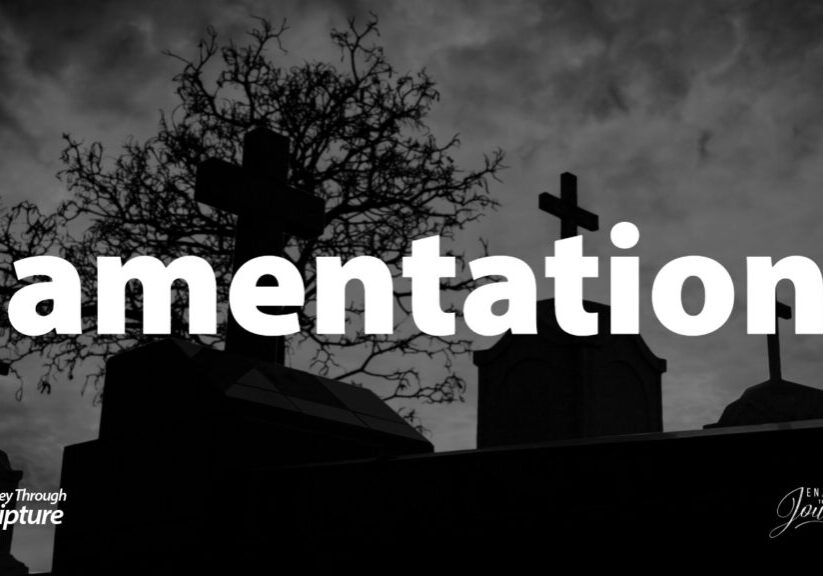“Let us draw near with a true heart in full assurance of faith, having our hearts sprinkled from an evil conscience, and our bodies washed with pure water.” – Hebrews 10:22
We have thoroughly enjoyed sharing these brief accounts of how some of the great hymns of our faith were written. It is our hope that these stories will continue to be a help and encouragement to your Christian walk. This week we read the story of a truly moving and faith-filled hymn, “I Am Thine, O Lord.” This account is drawn from the book Then Sings My Soul (Book 2), by Robert J. Morgan. While we may not agree on every issue with the author, this account is a great encouragement!
____________________________________________________________________________________
She’s called the “Queen of American Hymn Writers,” and the “Mother of
Congregational Singing in America.” During her ninety-five years, Fanny
Crosby wrote over eight thousand hymns. In addition, she was one of the
three most prominent evangelical leaders in America during the last part of
the 1800s, the others being D. L. Moody and Ira Sankey, She was one of America’s
most popular lecturers; in many cases lines of people would circle the
block where she was scheduled to speak, hoping to get a seat.
When she traveled, it was usually by train; and she was fiercely independent,
insisting on traveling alone, despite her blindness, until she was up in her eighties.
Fanny lived in the rundown tenements of lower Manhattan so she’d be nearer her
beloved Rescue Missions where she worked with the homeless and addicted.
But to me, the most remarkable thing about Fanny Crosby was her phenomenal
memory. After her eyes were blinded in infancy, her grandmother Eunice took a
special interest in teaching her Bible verses. Later a woman named Mrs. Hawley; the
Crosbys’ landlady, took over the job, committed to helping Fanny memorize the entire
Bible! Every week, the child was given a certain number of chapters to learn, and
Mrs. Hawley drilled them into her during their review sessions together. Fanny
learned by heart all of Genesis, Exodus, Leviticus, Numbers, and Deuteronomy plus
the four Gospels, most of the Psalms, all of Proverbs, and many portions of the rest
of the Bible.
From the fountainhead of these Scriptures flowed her hymns.
Ira Sankey, in his autobiography, gives us the story behind this particular hymn:
“Fanny Crosby was visiting Mr. W. H. Doane, in his home in Cincinnati, Ohio. They
were talking together about the nearness of God, as the sun was setting and evening
shadows were gathering around them. The subject so impressed the well-known hymn-
Writer, that before retiring she had written the words to this hymn, which has become
one of the most useful she has ever written. The music by Mr. Doane so well fitted
the words that the hymn has become a special tavorite wherever the gospel hymns
are known.”
It was first published in 1875 in the little hidden treasure of hymns called Brighter
and Best. Underneath the hymn was this Seripture quotation: “Let us draw near with
a true heart” (Heb. 10:22).
1. I am Thine, O Lord, I have heard Thy voice,
And it told Thy love to me;
But I long to rise in the arms of faith,
And be closer drawn to Thee.
(Refrain) Draw me nearer, nearer, nearer, blessed Lord,
To the cross where Thou hast died;
Draw me nearer, nearer, nearer, blessed Lord,
To Thy precious, bleeding side.
2. Consecrate me now to Thy service, Lord,
By the pow’r of grace divine;
Let my soul look up with a steadfast hope,
And my will be lost in Thine. (Refrain)
3. Oh, the pure delight of a single hour
That before Thy throne I spend,
When I kneel in prayer, and with Thee, my God,
I commune as friend with friend! (Refrain)
4. There are depths of love that I cannot know
Till I cross the narrow sea;
There are heights of joy that I may not reach
Till I rest in peace with Thee. (Refrain)







